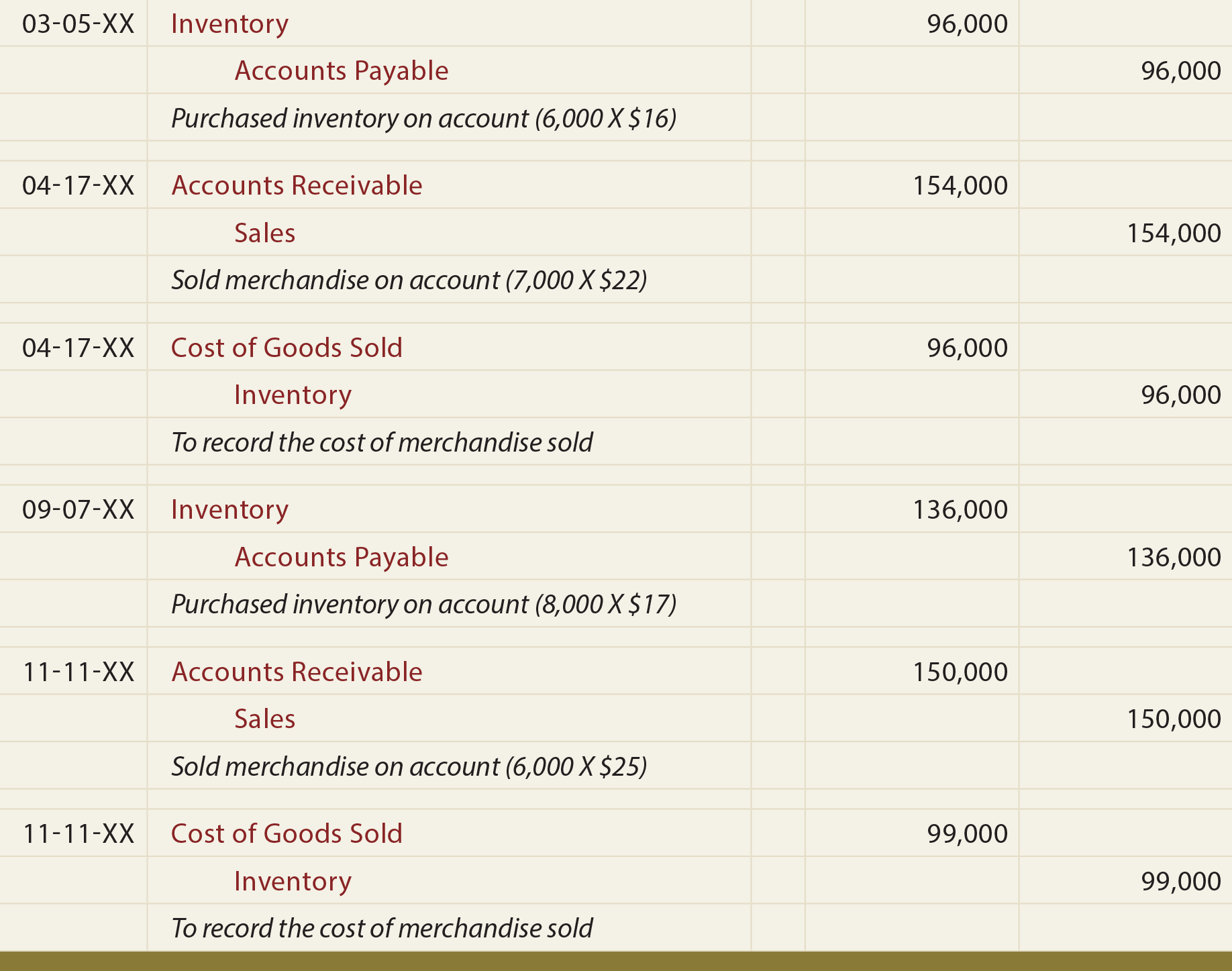
A financial professional will offer guidance based on the information provided and offer a no-obligation call to better understand your situation. Ask a question about your financial situation providing as much detail as possible. Our mission is to empower readers with the most factual and reliable financial information possible to help them make informed decisions for their individual needs. At Finance Strategists, we partner with financial experts to ensure the accuracy of our financial content.

Journal Proof of Postings
He has been the CFO or controller of both small and medium sized companies and has run small businesses of his own. He has been a manager and an auditor with Deloitte, a big 4 accountancy firm, and holds a degree from Loughborough University. The cash receipt issued for the cash transaction will look like this.
Accounting for Cash Transactions
Cash receipts are accounted for by debiting cash / bank ledger to recognize the increase in the asset. Cash receipts are the written proof that your business has made a sale. One copy of the cash receipt goes to the customer as proof of buying the product or service, while another copy stays with the business that has made the sale.
Create the cash received entry
Chronological entries are made in the cash receipts journal and the balance is continuously updated and confirmed. The credit sales which the busy ones make are not recorded in the cash journal as no cash is received while these sales transactions occur. Cash sales, on the other hand on a cash basis of accounting and therefore are recorded in the cash journal. The first three columns are the same as the single column cashbook and show the date, transaction description (Desc.), and ledger folio reference (LF). The two columns referred to in the name of this cashbook are the monetary amount of the cash receipt (Cash), and the monetary amount of the discount allowed (Discount) both highlighted in gray. The triple-column cash book has three columns and is the most complicated choice of the three.
Are Loans Cash Receipts Journal?
The cash receipts journal is an important tool to keep track of cash collected by a business. The cash receipts journal would cover items like payments made by customers on an unpaid accounts receivable account or cash sales. Whereas the cash disbursement record would include items like payments made to vendors to lower accounts payable. Provides a chronological record of all credit sales made in the life of a business. Credit sales are transactions where the goods are sold and payment is received at a later date.
Information Listed in the Cash Receipts Journal
Regularly, an overall sum of the journal balance is calculated and sent to the general ledger. When looking into a specific cash receipt, a person would start with the general ledger before descending to the cash receipts log, where they might find a reference to the particular receipt. There may be a large number of entries into this journal, depending on the frequency of cash receipts from customers. Irrespective of the number of sub-divisions, each page of the cash book can have a number of formats from single column to multi-column. The most popular formats are the two and three column formats as detailed below.
- Keeping records is key to maintaining the financial health and well-being of any business or household.
- Cash sales, on the other hand on a cash basis of accounting and therefore are recorded in the cash journal.
- The articles and research support materials available on this site are educational and are not intended to be investment or tax advice.
- By contrast, balances in cash accounts are commonly reconciled at the end of the month after the issuance of the monthly bank statement.
Making accounting journal entries for cash are fundamental for a business. Whenever a business either spends or receives cash or a cash equivalent, then an entry must cash receipt journal entry be recorded to account for this transaction. Other sources of cash often include banks, interest received from investments, and sales of non-inventory assets.
The source documents for the Sales journal are copies of all invoices given to the debtors. A column for the transaction date, account name or customer name, invoice number, posting check box, accounts receivable amount, and cost of goods sold amount. Since all sales recorded in the sales journal are paid on credit, there is no need for a cash column.
The cash disbursements journal itemizes all business expenses made with cash. Typical information included in the disbursement journal is the check number, the payee, disbursement amount, and the transaction type. Cash receipts are recorded in your sales journal as credit and your cash receipts as debit. We’ll show you how to manage and record cash recipes in your small business to ensure your books are accurate. Cash transactions may be classified into cash receipts and cash payments. A cash receipt should be generated whenever you receive cash from an external source and record an increase to your cash account on the balance sheet.
Because accounting transactions always need to remain in balance, there must be an opposite transaction when the cash is posted. When cash is received, one of the other accounts – sales, accounts receivable, inventory – must also have a transaction listed. Purchase credit journal entry is recorded in the books of accounts of the company when the goods are purchased by the company on credit from the third party (vendor).


